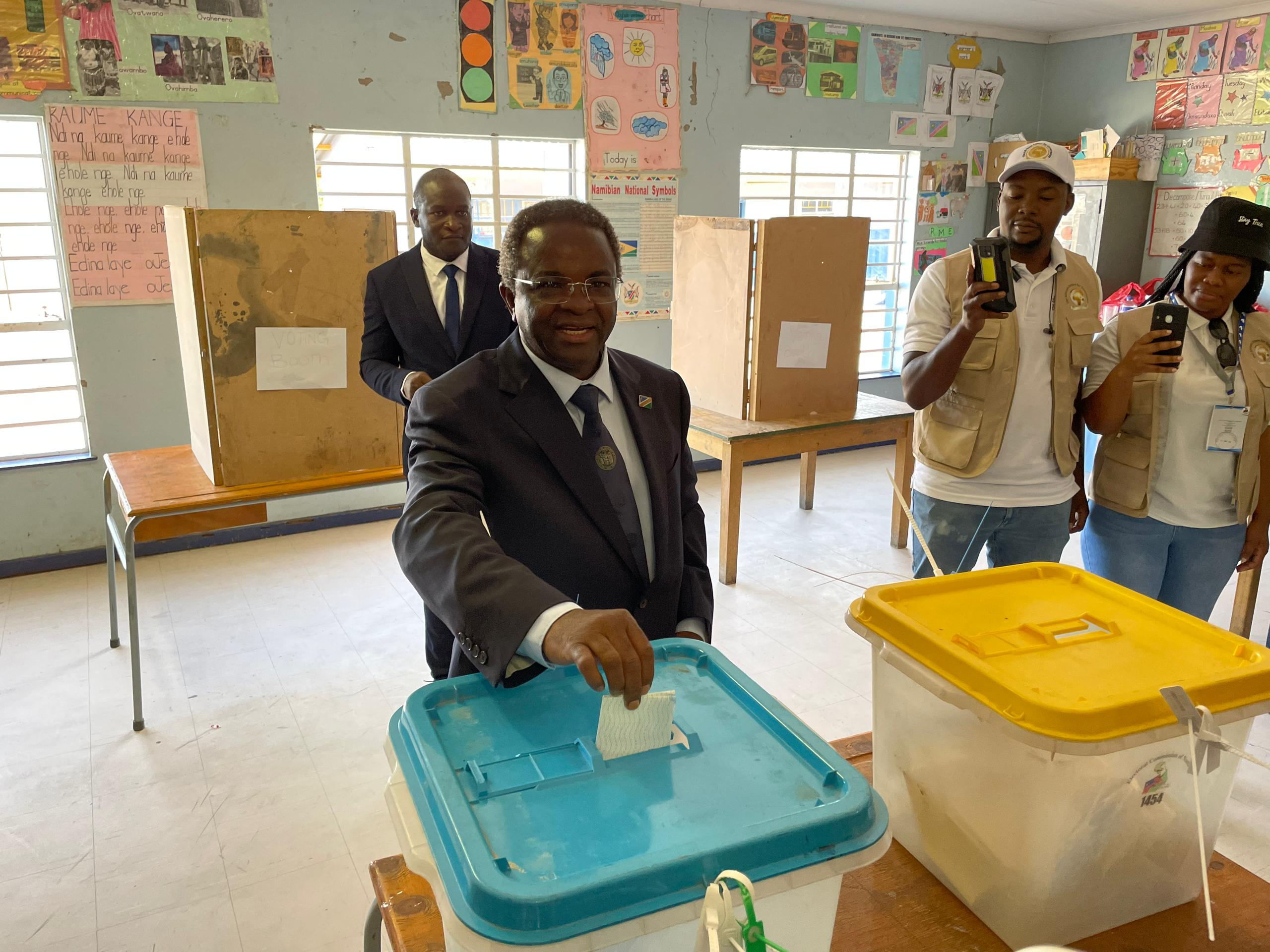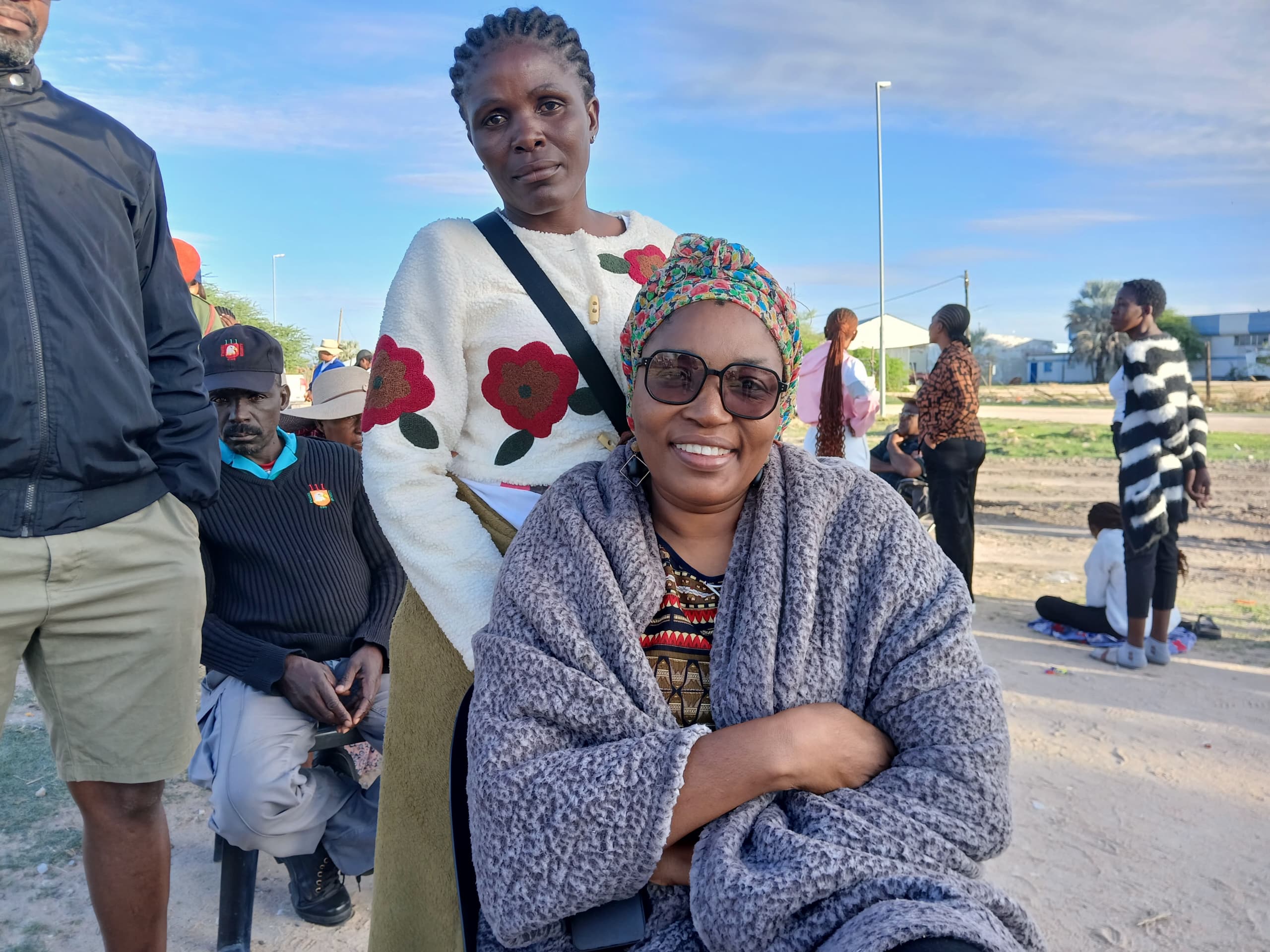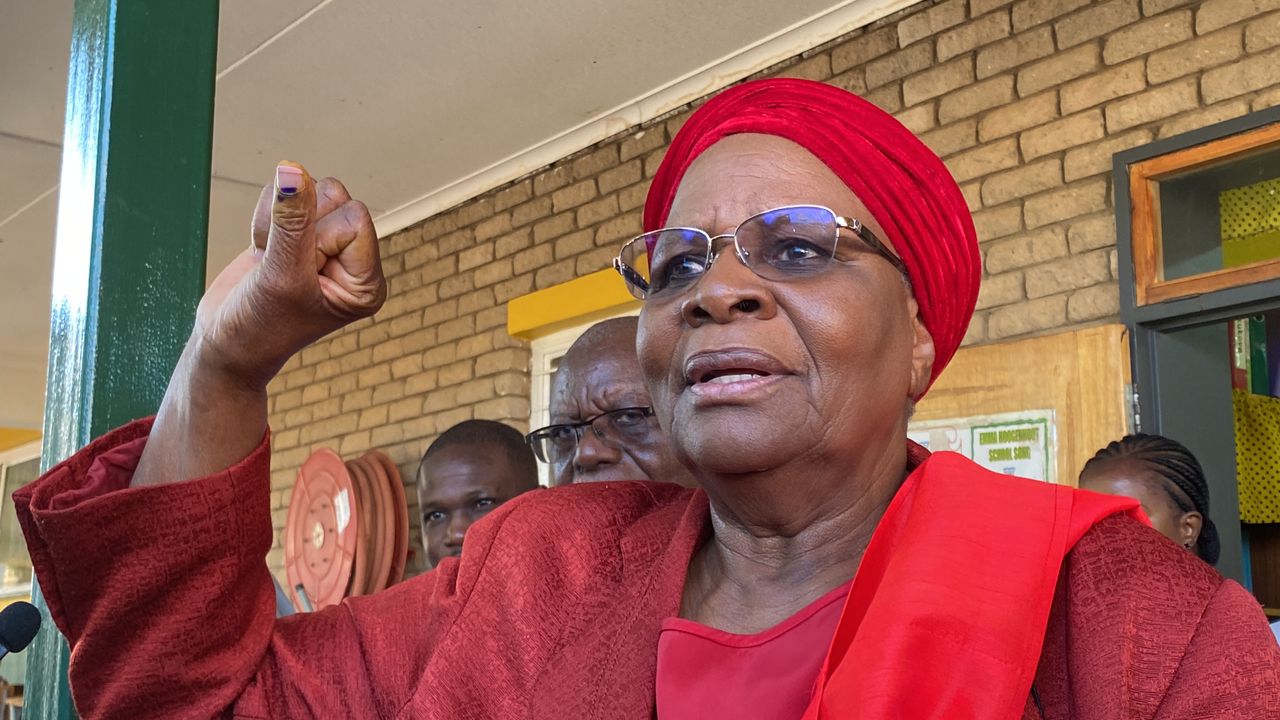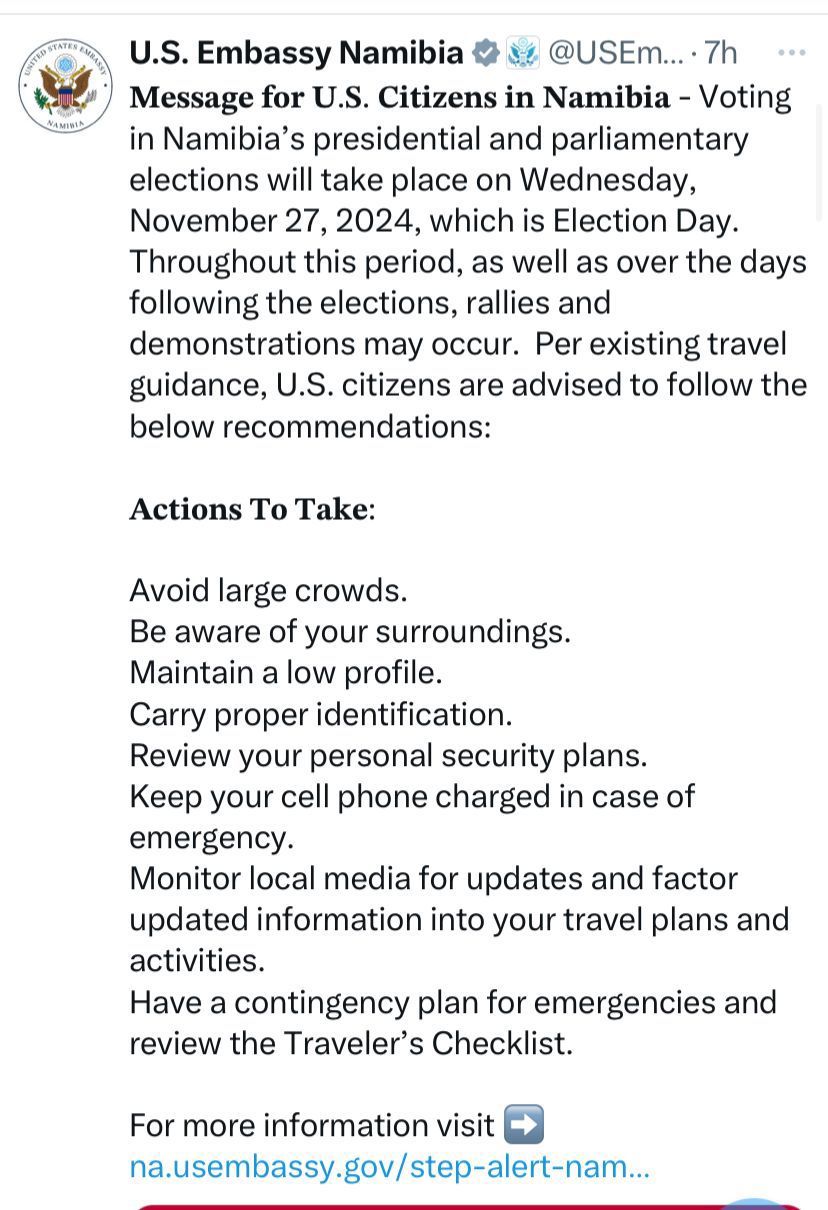The Capricorn Group said yesterday that Bank Windhoek has always maintained a healthy balance sheet and was not in financial trouble when the Government Institutions Pension Fund (GIPF) bought a stake in their business in 2016.
Capricorn, which owns Bank Windhoek, reacted to part of a story published in The Namibian last Friday which said banks threatened to withdraw their money due to liquidity concerns.
Capricorn Group spokesperson Marlize Horn wrote to The Namibian yesterday saying the article titled ‘Nuyoma’s Capricorn appointment questioned’ carried various inaccuracies, including the linking of the appointment of former GIPF boss David Nuyoma as Capricorn Group chief executive.
“Notwithstanding tight market liquidity in 2016, Bank Windhoek never had cash flow issues and never required any form of bailout,” she said.
She added that Bank Windhoek managed the market liquidity risk and the records will show that Bank Windhoek always maintained healthy surpluses over its minimum regulatory liquid requirements.
She also disputed a claim in the story that other banks started making demands to collect and recall loans with Bank Windhoek.
“We would like to understand the basis for this malicious false statement. No bank has ever called on facilities availed to Bank Windhoek,” she said.
Horn said the Capricorn Group’s response to questions about Nuyoma’s appointed were misquoted and the reporter elected not to use the response provided by the Capricorn Group.
She added that Friday’s article was riddled with unsubstantiated information and a number of false statements which casts doubt on the integrity of Nuyoma tarnished the reputation of both Bank Windhoek and Capricorn Group.
Horn added: “In our response to questions from the journalist on 16 November, we made it clear that it was the board of trustees of GIPF that approached shareholders of Capricorn Group, and not the CEO at the time, Mr David Nuyoma”.
“We also referred the journalist to the GIPF Investment Strategy and Policy on the GIPF website, which clearly shows that the governance process would not allow Mr David Nuyoma, or any other individual to influence the investment decision outside the governance process. The published article ignored this and falsely positioned Mr Nuyoma as a key influencer and participant in the execution of the transaction,” Horn said.
“The transaction was initiated by GIPF, and not Capricorn Group. The motivation for the approach to Capricorn Group’s shareholders by the board of trustees of GIPF was a need for GIPF to source quality local listed investments following the increase in the local asset requirements for pension funds,” she said.
Horn added that the journalist elected not to mention this fact but to rather create the untrue perception that Capricorn Group initiated the transaction to bail out Bank Windhoek.
Nuyoma declined to comment last week on all questions to Capricorn, but said there was nothing untoward about his appointment.
*The Namibian hereby declares the following sentences as inaccurate:
“Horn said the GIPF board of trustees and the CEO approached Capricorn” for the N$2 billion investment. Capricorn response: “transaction was initiated by GIPF, and not Capricorn Group”.
“Other banks started making demands to collect and recall their loans with Bank Windhoek.” “Bank Windhoek was the one desperate in the deal.”
The above corrections are made in the right of reply.
We apologise for any confusion or harm these inaccuracies may have caused.
Stay informed with The Namibian – your source for credible journalism. Get in-depth reporting and opinions for
only N$85 a month. Invest in journalism, invest in democracy –
Subscribe Now!






